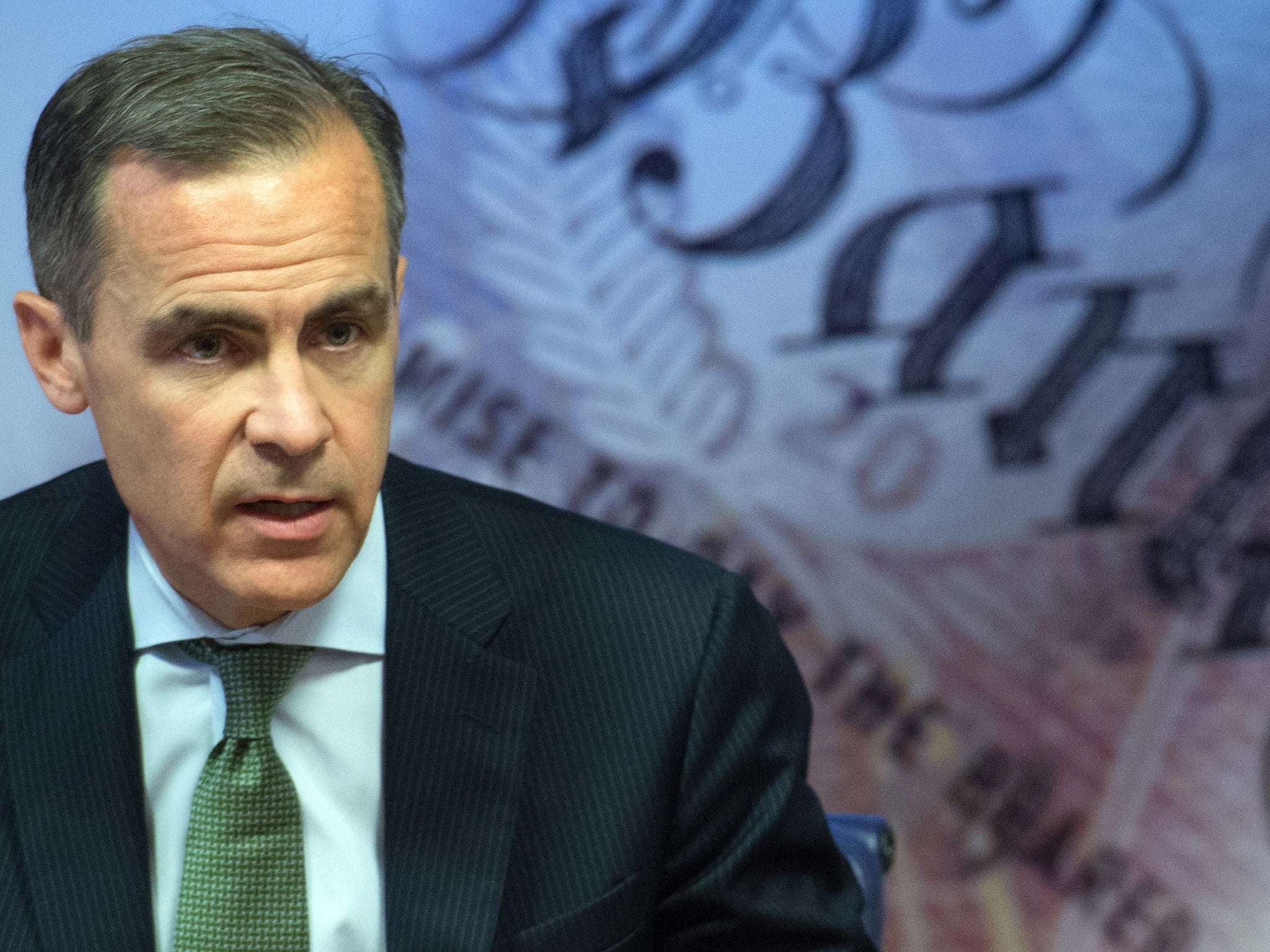Fears raised that drop in unemployment could prompt early rise in interest rates
Increase in interest and mortgage rates would be unwelcome news for Coalition

Your support helps us to tell the story
From reproductive rights to climate change to Big Tech, The Independent is on the ground when the story is developing. Whether it's investigating the financials of Elon Musk's pro-Trump PAC or producing our latest documentary, 'The A Word', which shines a light on the American women fighting for reproductive rights, we know how important it is to parse out the facts from the messaging.
At such a critical moment in US history, we need reporters on the ground. Your donation allows us to keep sending journalists to speak to both sides of the story.
The Independent is trusted by Americans across the entire political spectrum. And unlike many other quality news outlets, we choose not to lock Americans out of our reporting and analysis with paywalls. We believe quality journalism should be available to everyone, paid for by those who can afford it.
Your support makes all the difference.A sharp fall in unemployment may prove a mixed blessing for the Government amid predictions that it could pave the way for a rise in interest rates before the 2015 general election.
The number of jobless fell by 99,000 to 2.3m in the three months to October, the biggest reduction in a decade and the lowest unemployment rate since 2009. The number of people in work topped 30m for the first time on record, while the 537,000 jobs created in the private sector was 10 times the number lost in the public sector.
However, the lower than expected 7.4 per cent jobless rate fuelled speculation that the Bank of England would consider raising interest rates earlier than expected. Under the Bank’s “forward guidance” strategy, its Governor Mark Carney has said it will look again at the record low 0.5 per cent rate when unemployment falls to 7 per cent. This could now happen as early as next autumn, months before the May 2015 election.
An increase in interest and mortgage rates would be unwelcome news for the Conservatives and Liberal Democrats, as it would fuel Labour’s attacks on the “cost of living crisis.” Wednesday’s labour market statistics also showed that earnings rose by 0.9 per cent in the 12 months to October, well below the 2.1 per cent inflation rate, so earnings are still falling in real terms.
Howard Archer, chief UK and European economist at IHS Global Insight, said: "This is an extremely strong set of labour market data, indicating that unemployment is currently coming down rapidly in reaction to the economy’s markedly improved performance in recent months and much healthier business confidence.” He said the fall "can only fuel market suspicions that it is very likely to get down to 7 per cent before the end of 2014, thereby opening the door to the Bank of England raising interest rates".
But other analysts said rates might still not rise until mid-2015 because inflation was relatively low. Minutes of the Bank’s Monetary Policy Committee (MPC) meeting this month, published on Wednesday, showed that it expected inflation to fall towards 2 per cent in the first quarter of next year and later decline further amid a strengthening pound.
Samuel Tombs of Capital Economics said: “Even if the economic recovery continues to bring the unemployment rate down rapidly, the benign inflation outlook will enable the MPC to keep interest rates on hold for a long time yet."
Graeme Leach, chief economist at the Institute of Directors, said: "The reduction in unemployment to 7.4 per cent will heighten speculation about tighter monetary policy, but this is likely to be a triumph of hype over reality. Inflationary pressures are likely to continue to ease in 2014, due to rising productivity and the strength of the pound."
Mr Carney has described a 7 per cent unemployment rate as a “threshold” rather than a “trigger.” He told peers on Tuesday that the forward guidance "gives households and businesses the confidence that interest rates won't go up until jobs, incomes and spending are recovering at a sustainable pace".
Ed Miliband welcomed the overall job statistics but raised concern over the 1.47m people in part-time jobs because they could not find full-time work, the highest since records began in 1992. "It is good our economy is creating more jobs, but the problem is that too many of them are part-time or low-paid or insecure," he said at Prime Minister’s Questions.
David Cameron replied that 70 per cent of the jobs created since the 2010 election were full-time. He said Wednesday’s figures "do paint an encouraging picture", adding: "We have talked before about 1m more people in work under this Government. It is now 1.2m more people in work. "The plan is working. Let's stick at it and get unemployment down even further.”
Mr Cameron added: "There shouldn't be an ounce of complacency because we have still got work to do to get our country back to work.”
Join our commenting forum
Join thought-provoking conversations, follow other Independent readers and see their replies
Comments